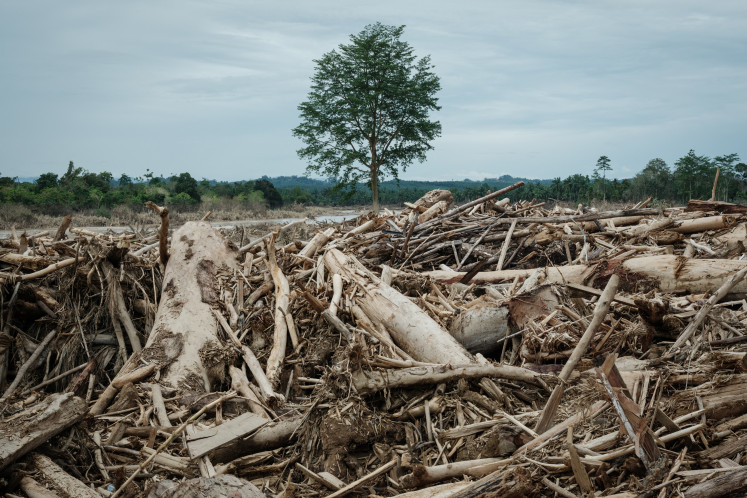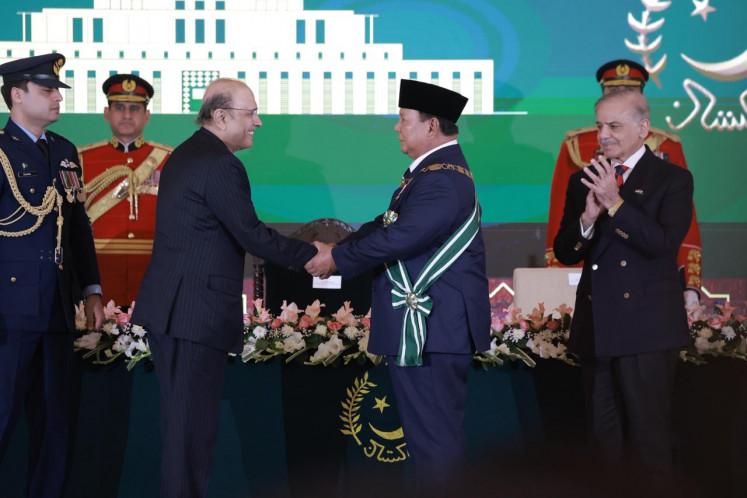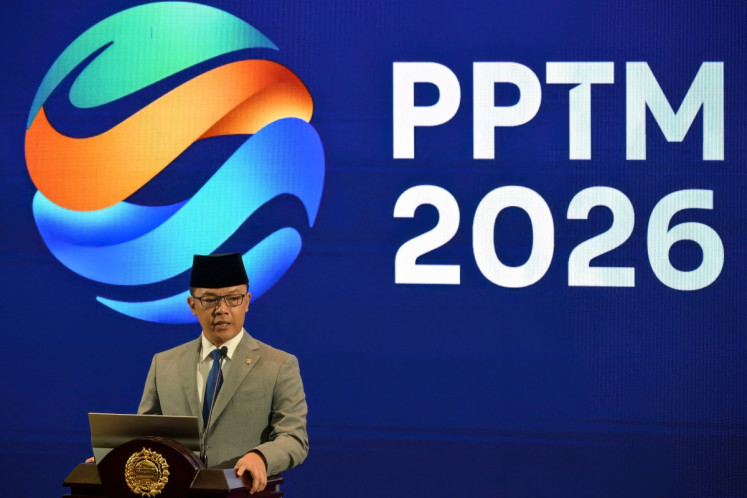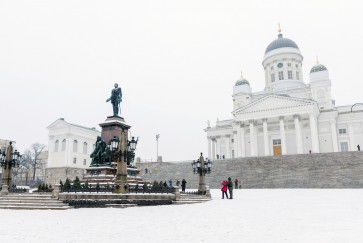Popular Reads
Top Results
Can't find what you're looking for?
View all search resultsPopular Reads
Top Results
Can't find what you're looking for?
View all search resultsAceh peace process: Revisiting 'white Helsinki'
Despite apparent improvement in Aceh, we detect an undercurrent that requires special efforts to prevent the peace process being jeopardized.
Change text size
Gift Premium Articles
to Anyone
T
he first time I set foot in Helsinki was in January 2004 to attend the Helsinki peace talks between the Indonesian government and the Free Aceh Movement (GAM), which eventually produced the historic Helsinki Memorandum of Understanding (MoU) signed on Aug. 15, 2005.
Twelve years later, this agreement is regarded worldwide as one of the most successful and sustainable peace processes and a model for peaceful solutions for other conflict areas.
Delegation after delegation, the latest being very high level ones from Afghanistan and Mindanao in the southern Philippines, have visited Aceh to seek lessons learned and share experiences. Former members of the negotiating teams from the government and GAM are regularly invited to give talks in many countries from Nepal to Columbia, Myanmar to Afghanistan and Europe to Africa.
When we arrived for the first time in Helsinki, a silent city totally covered in knee-deep snow, the pine trees surrounding our hotel resembled Christmas trees. Last Jan. 22, I found myself in this unusual city again in minus 12 degrees Celsius, as white and as silent as on my first visit, but with a much different feeling.
Earlier, I had received a query from Brig. Gen. Jaakko Oksanen, former deputy of the Aceh Monitoring Mission tasked by the European Union, and the guarantor of the Helsinki MoU to oversee its implementation. The retired officer is now senior advisor of the Crisis Management Initiative (CMI), the NGO founded and chaired by former Finnish president Martti Ahtisaari.
CMI continues to monitor and evaluate the situation in Aceh closely. Jaakko told me that Ahtisaari was quite concerned with the latest developments in Aceh, which seemed to be veering off track more and more from the Helsinki MoU.
I suggested I should form a small delegation of former members of the negotiating team who are not presently attached to any governmental position to assure objectivity of the analysis that we would present. That was how Bakhtiar Abdullah, Shadia Marhaban, Munawarliza Zain and I arrived in this “white Helsinki”.


















